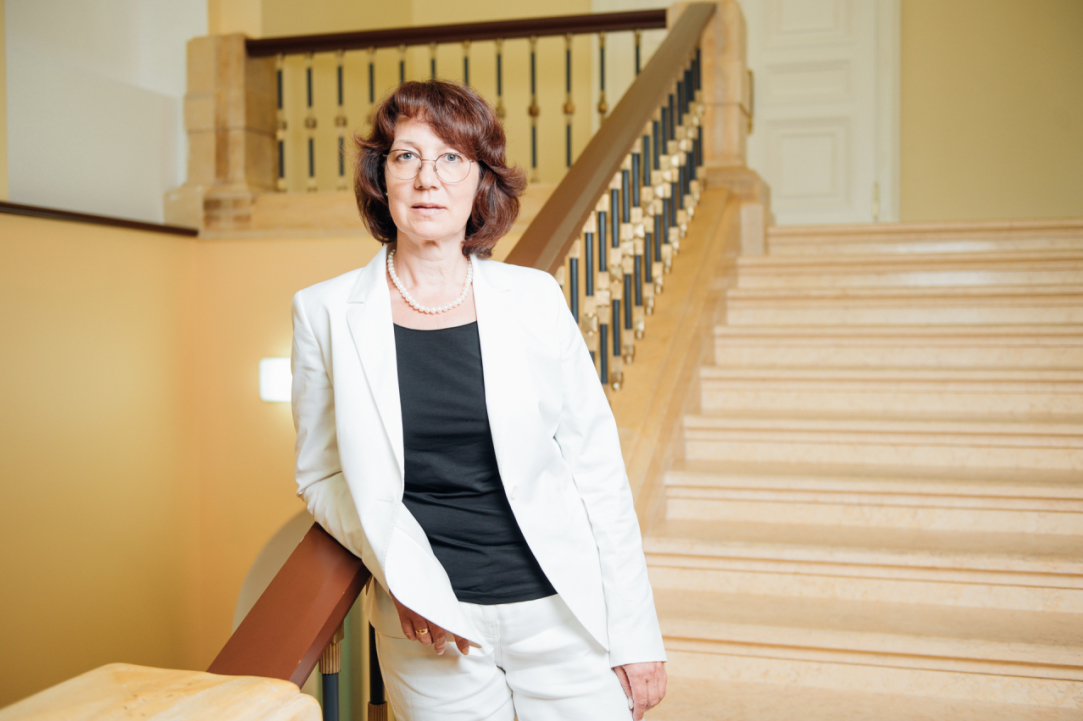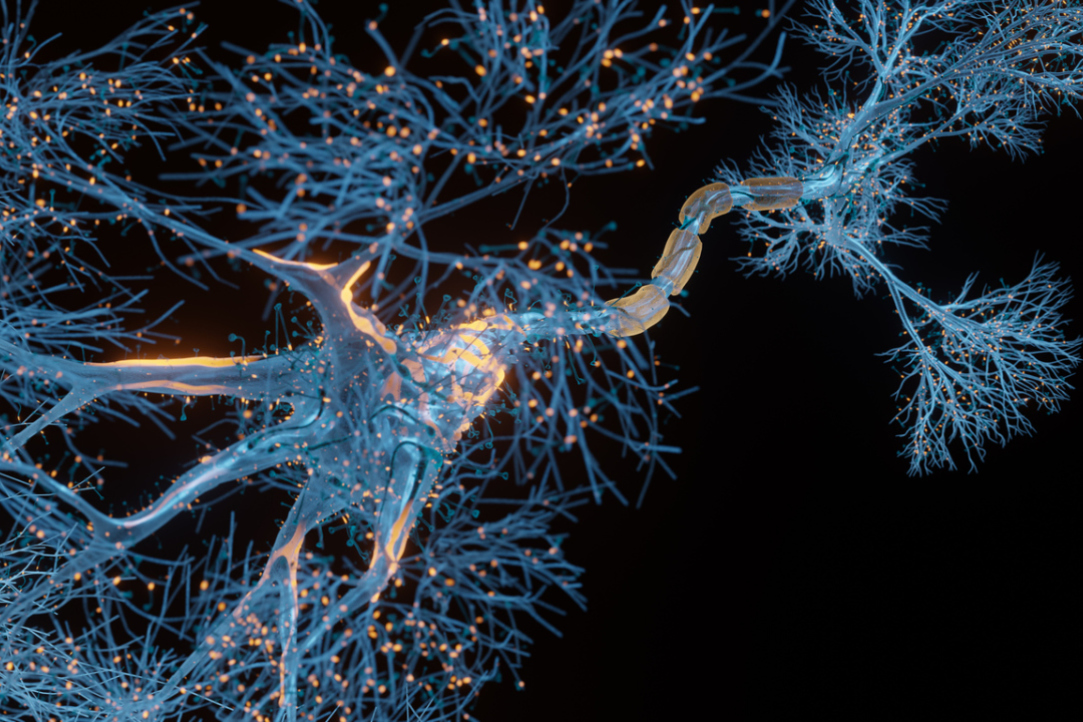
Basic, General, and Home-based: Why Families Choose to Homeschool and What Challenges They Face in Doing So
There are many reasons why families choose to homeschool their children, from wishing to personalise their education to protecting them from bullying to strengthening the family bond. Those who decide to switch to homeschooling can face quite a few challenges, both logistical and psychological, including criticism from family members. IQ.HSE presents a few facts on homeschooling in Russia based on a paper by researchers of the HSE Institute of Education.

Referee Recommendation System Developed by HSE University and RFU Wins Award
An algorithm for selecting football referees developed by the Laboratory of Sports Studies at the HSE University Faculty of Economic Sciences and the Russian Football Union (RFU) has been named the Best IT Project in the Sports Industry by the Global CIO professional community. In order to recommend the most suitable referee for a particular match, the algorithm considers 30 parameters, including referees’ ratings, the match category, the venue, the need for rotation, etc.

'We Are Seeking to Translate Research into Policy Solutions'
Social Policy for Sustainable Development and Inclusive Economic Growth is one of HSE University's strategic projects. The project is aimed at translating scientific achievements into practical solutions for social and economic policy. HSE researchers and their partners have been actively involved in this work, and the first results have been obtained. In her interview with the HSE News Service, Vice Rector Lilia Ovcharova, Academic Supervisor of the project, spoke about what has been done so far.

HSE Scientists Simulate Rogue Waves in Standing Wave Fields
Researchers from the HSE campus in Nizhny Novgorod, together with scientists from Australia and Japan, have built a model explaining the occurrence of abnormally high waves on the sea surface. Also known as rogue waves or killer waves, they often lead to accidents in the sea. The study findings are published in Physical Review Letters. The paper was selected as the Editor's Suggestion for its significance, novelty, and wide application. The research was financed by a megagrant from the Russian government as part of the 'Science and Universities' National Project and a grant from the Russian Foundation for Basic Research (RFBR).
.jpg)
Khanty Dialects Differ More Than Slavic Languages
Idalia Fedotova, researcher at HSE University and the RAS Ivannikov Institute for System Programming, examined lexical differences across Khanty dialects and found that members of this relatively small ethnic group speak three distinct languages—rather than two, as previously thought. The findings are published in Ural-Altaic Studies.

System to Automatically Identify Causes of Cryptogenic Stroke Under Development at HSE University-Perm
As a result of the 2023 Teacher-Student Team Research Project competition, the project ‘The Development of Automated Approaches to Identify the Aetiology of Cryptogenic Stroke with the Aim of Preventing Secondary Acute Cerebrovascular Accident’ has been created with funding from the HSE Academic Fund Programme. The project is led by Sofya Kulikova, Senior Research Fellow of the Laboratory of Interdisciplinary Empirical Studies (LINES).

Neural Prosthesis Uses Brain Activity to Decode Speech
Researchers from HSE University and the Moscow State University of Medicine and Dentistry have developed a machine learning model that can predict the word about to be uttered by a subject based on their neural activity recorded with a small set of minimally invasive electrodes. The paper 'Speech decoding from a small set of spatially segregated minimally invasive intracranial EEG electrodes with a compact and interpretable neural network' has been published in the Journal of Neural Engineering. The research was financed by a grant from the Russian Government as part of the 'Science and Universities' National Project.

Electric Cars in Russia: Drivers of Development and Prospects for Implementation
The HSE Project and Academic Laboratory for Economic Journalism, the Digital Media and Promotion Office and the HSE Public Relations Office present the second issue of the information and analytical digest titled Russian Economy: Aspects of Global Transformation Shift (available in Russian). It focuses on the development of electric vehicles in Russia, including various aspects and key players of the industry.

Corpus Callosum Found to Switch Off Right Hemisphere During Speech
A study by the HSE Centre for Language and Brain has confirmed the role of the corpus callosum in language lateralisation, ie the distribution of language processing functions between the brain's hemispheres. The authors came up with an innovative language task for their study subjects and applied advanced neuroimaging methods to the data collected. A paper on their findings has been published in PLoS ONE. The research was financed by a grant from the Russian government as part of the 'Science and Universities' National Project.

Ketamine Found to Increase Brain Noise
An international team of researchers including Sofya Kulikova, Senior Research Fellow at the HSE University-Perm, found that ketamine, being an NMDA receptor inhibitor, increases the brain's background noise, causing higher entropy of incoming sensory signals and disrupting their transmission between the thalamus and the cortex. This finding may contribute to a better understanding of the causes of psychosis in schizophrenia. An article with the study’s findings has been published in the European Journal of Neuroscience.


Registration is open until April 1, 2025